Do you experience bloating after eating? This incredibly common symptom affects many people — and for many different reasons. Unfortunately, bloating can often cause abdominal pain and discomfort. It can also feel impossible to get rid of.
However, there are many ways you can reduce bloat. Once you find out why you may be bloating, these straightforward solutions can help you quickly limit stomach bloat, all while feeling better in the process.
Drink Water

Staying hydrated throughout the day is always helpful. You’ll feel so much better when your body is fully hydrated. Often, drinking water can help with keeping regular bowel movements — which in turn can stop constipation. As a result, it can naturally prevent bloating.
On average, you’re going to want to drink multiple glasses of water a day. For men, health experts recommend drinking about 15.5 cups, while women should drink about 11.5 cups. However, don’t drink too much water, as you can experience water bloat!
Eat Slower
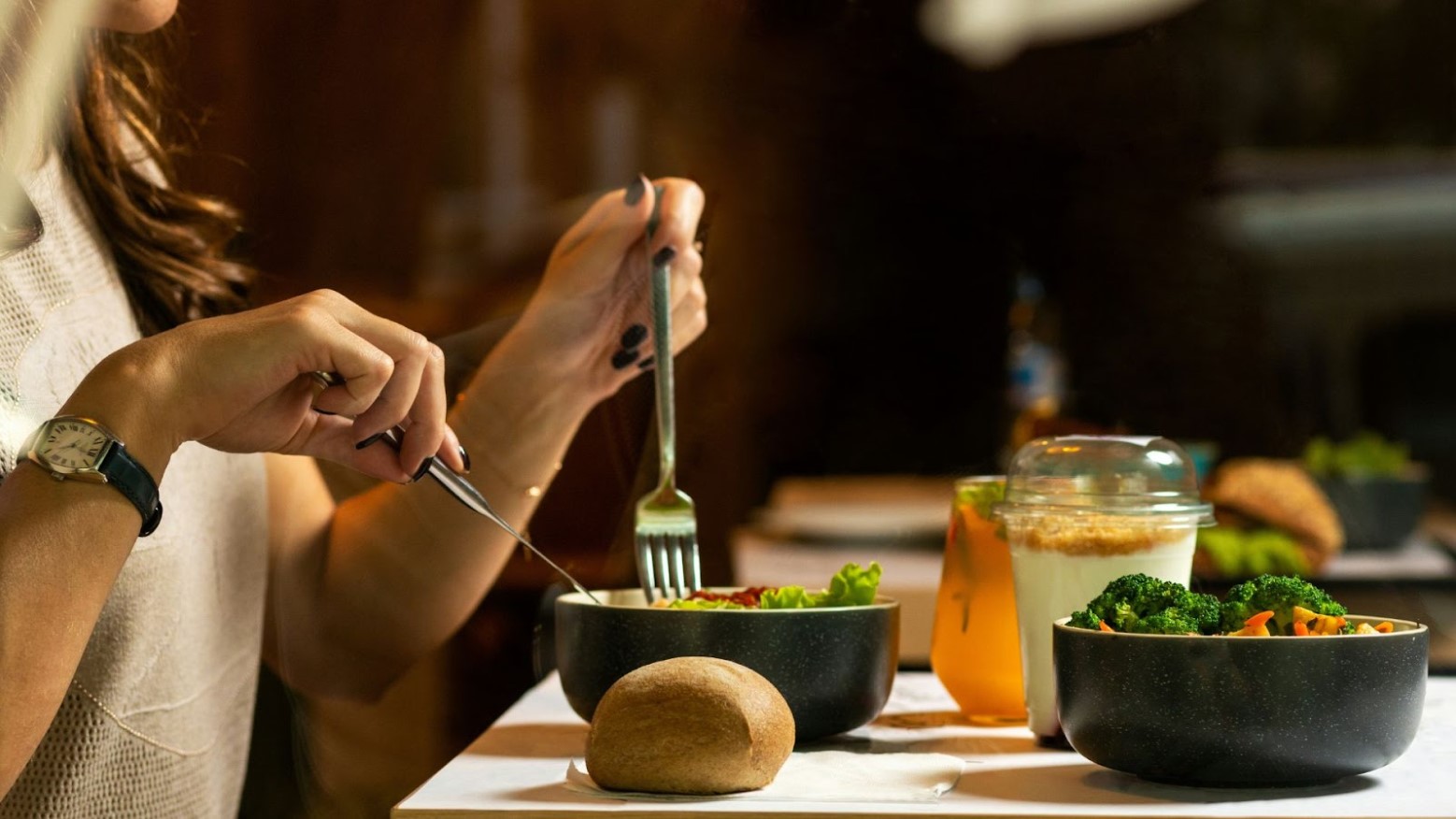
Do you scarf down your food and eat all your meals quickly? This may be why you’re bloating. If you have any digestive issues, you may experience occasional or consistent bloating because of this.
So, to limit this, try to eat slower. Take your time during each meal to really savor what you’re eating. Don’t eat too quickly, as you’ll want to give your digestive system the time to do what it needs to.
Pay Attention to What You Eat
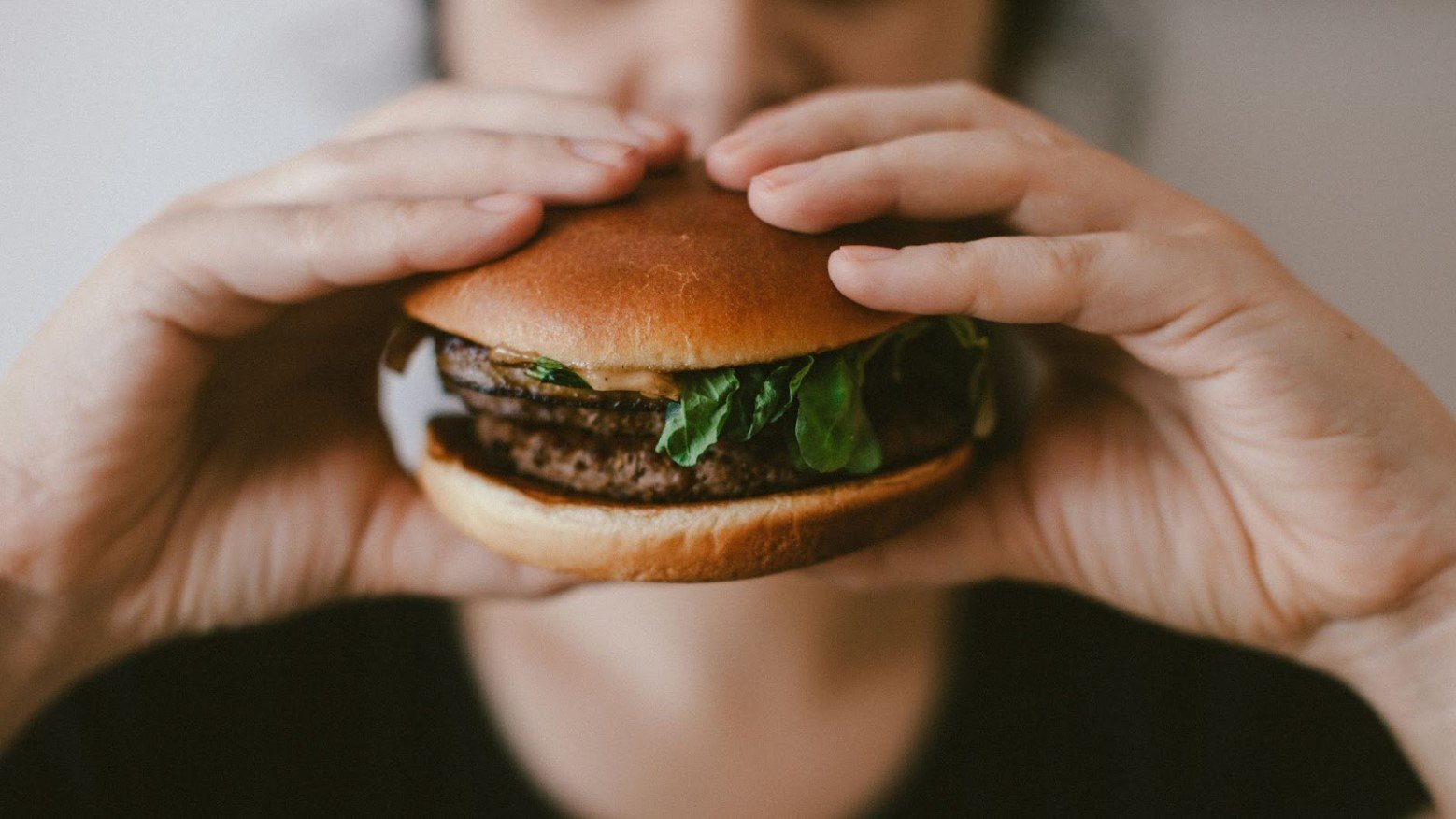
Sometimes, people may experience painful bloating if they’re eating a food item they are intolerant to. This doesn’t necessarily mean you’re allergic to the item — but your body is intolerant to it.
So, pay attention to when you bloat after eating. Try to narrow it down and find out what you’re eating that is making you bloat. Once you discover this, eliminate it from your diet.
Eat Smaller Meals
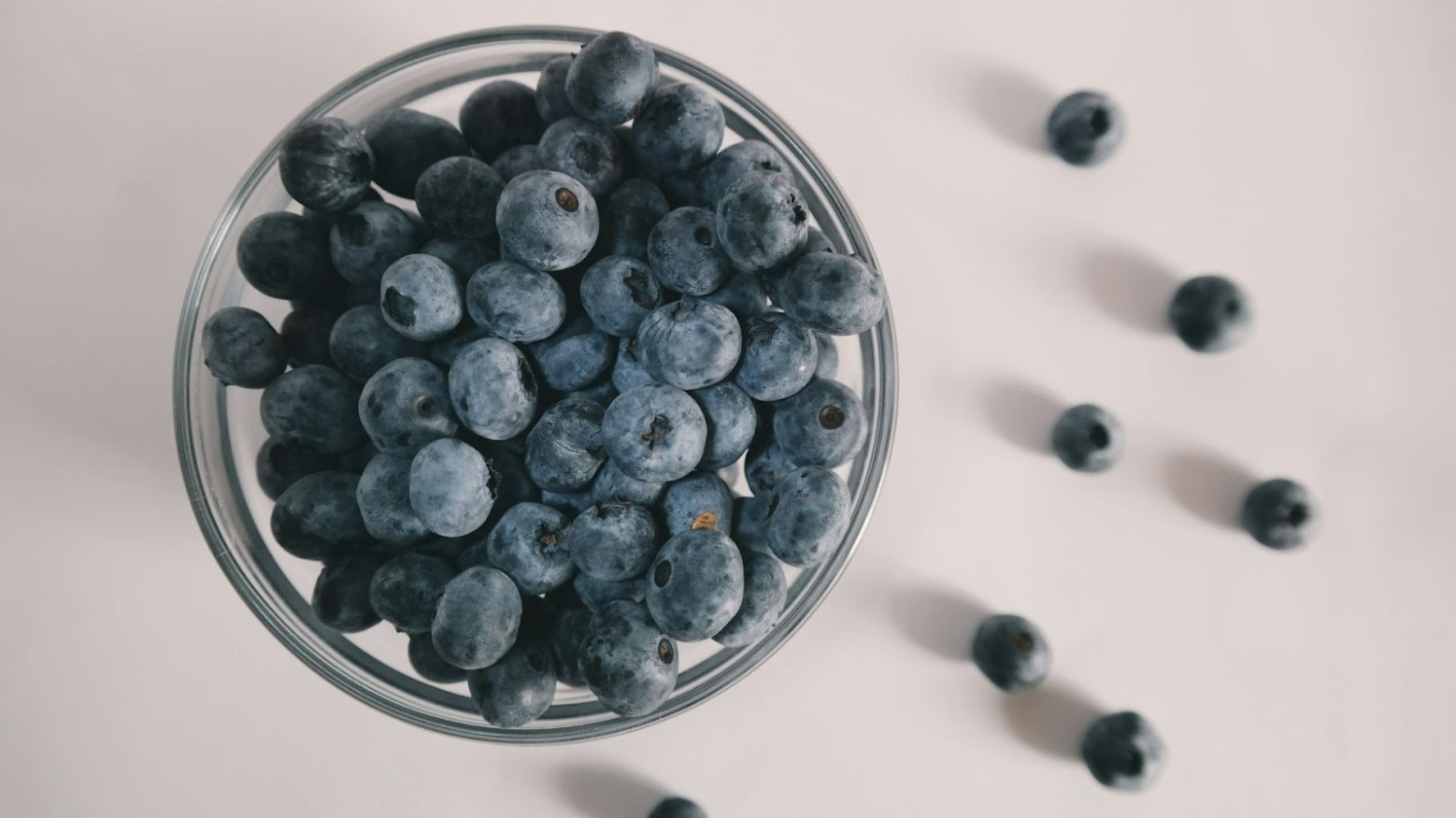
If you eat rather large helpings and then are bloated afterward, try eating smaller portions at a time. So much of bloating lies with digestive issues. By eating smaller meals, you’re not forcing your digestive system to work overtime.
Portion control can, therefore, be quite helpful. To start, use smaller salad plates for your meals to get a better grip on what smaller portions look like.
Eliminate Soda

If you drink soda, there’s a chance this habit may be why you’re experiencing bloat. Carbonated beverages contain gas that can then build up in your stomach. Eventually, this can cause bloating.
So, to avoid this, limit your soda intake if you can’t eliminate it completely. It’s always best to stick with water. However, at the very least, steer clear of fizzy or carbonated beverages, especially those that contain artificial sweeteners or sugars.
Eat Probiotic Foods
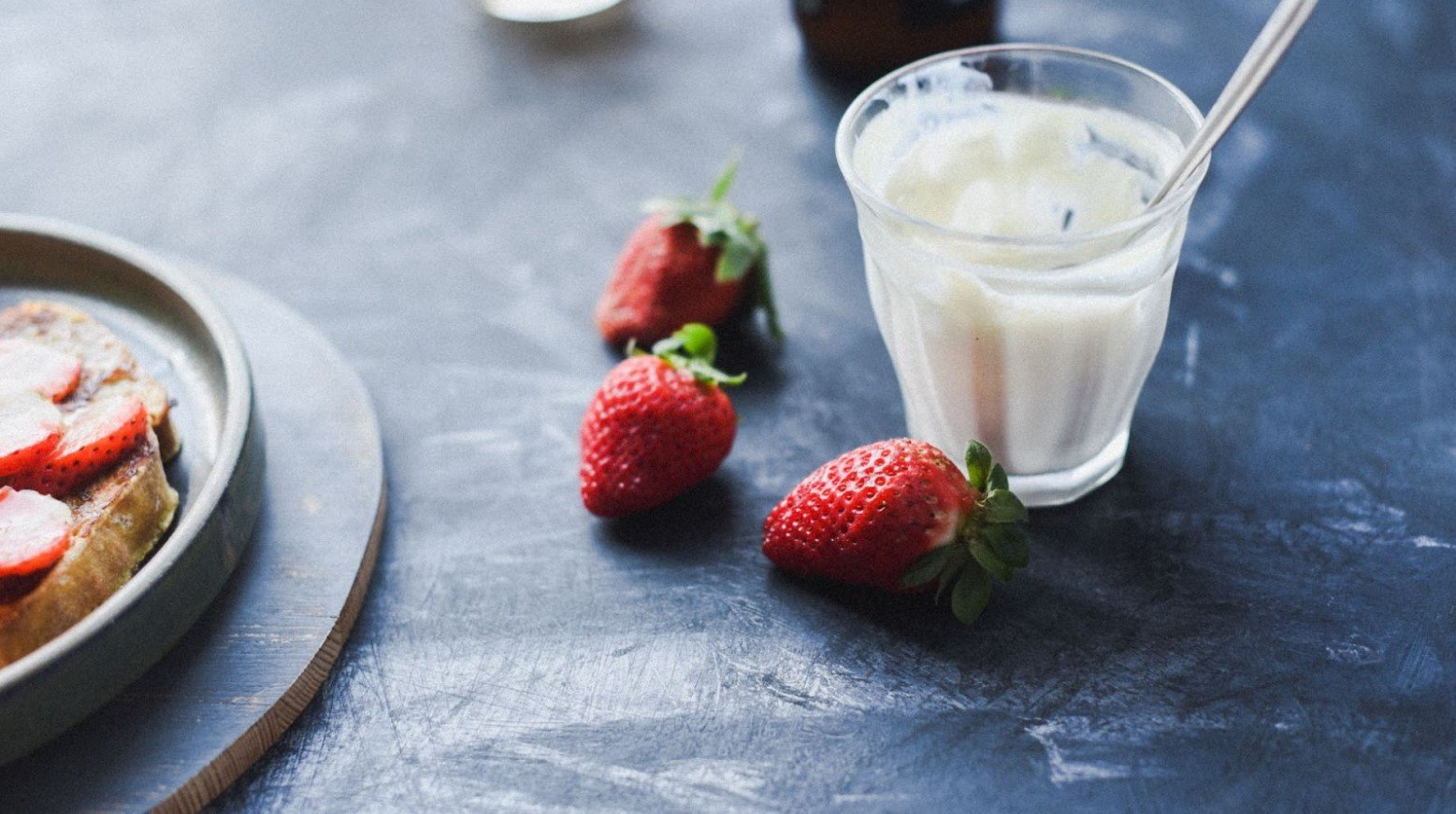
Probiotic foods are incredibly healthy for you — for many reasons. While some people like to take probiotic supplements, it’s always best to get these types of nutrients from actual food. Common probiotic foods include kimchi, sauerkraut, kombucha, pickles, and yogurt.
While more studies need to be done on probiotics and bloat, most agree that adding these types of foods to your diet can help reduce bloating. Probiotics help introduce beneficial bacteria to your gut, which can help your digestive system.
Partake in Light Exercise

Lightly exercising can immediately help reduce stomach bloating after you eat. So, after a meal, it might be beneficial to go for a walk or a quick bike ride around the block.
Exercise is always healthy for the body. If you experience consistent bloat, consider adding daily walks into your lifestyle to try to eliminate bloat as much as possible. You don’t need to do any heavy workouts! Just a light to moderate activity will do.
Use Peppermint Oil
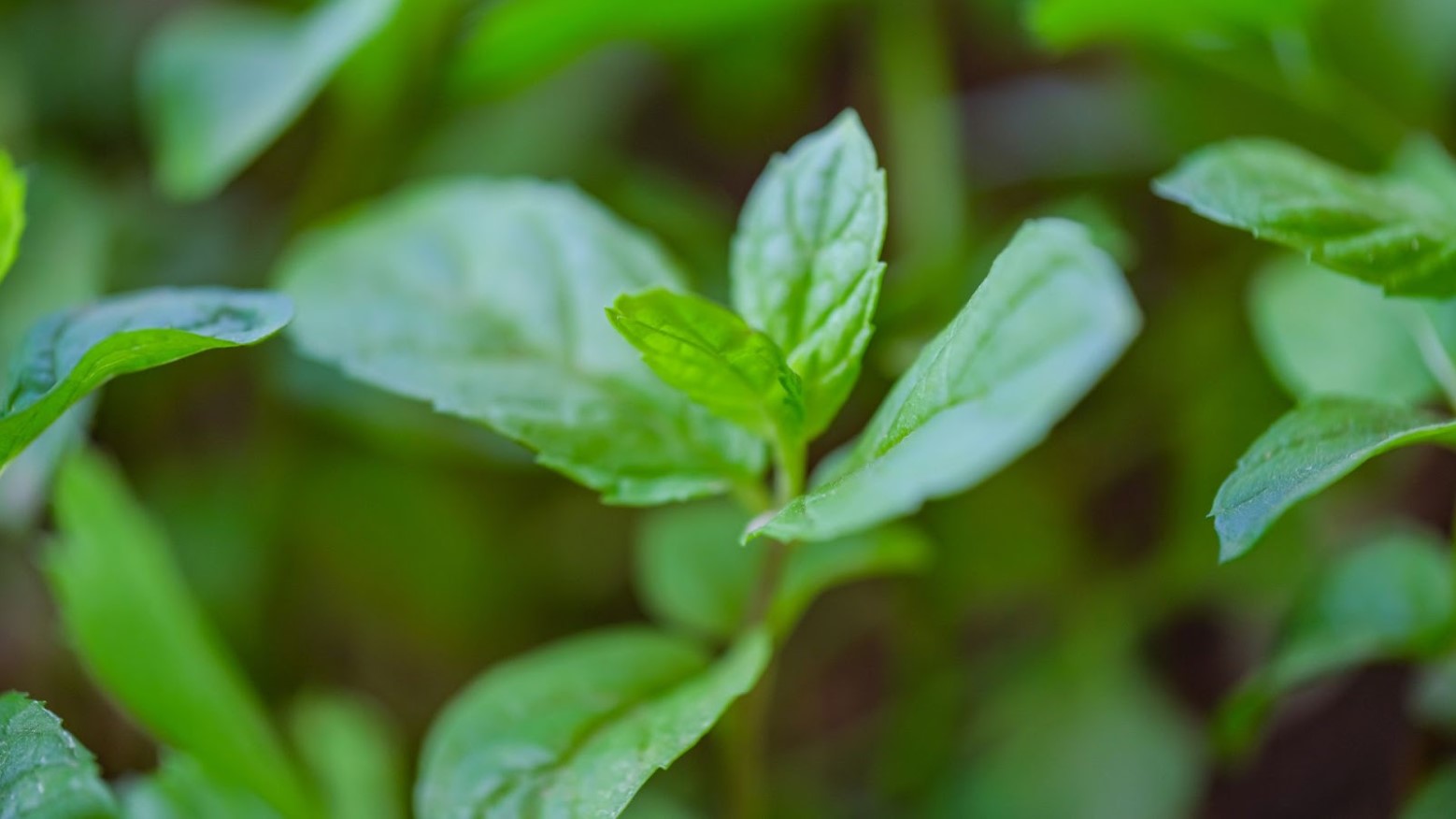
Many studies have proven that ingesting peppermint oil can greatly help reduce bloating in your stomach. You can take it in capsules, which then release the medicine slowly in your body to help your bowel muscles relax.
If you have consistent bloating, use peppermint oil on a daily basis whenever you experience this discomfort or pain. IBS patients have experienced great benefits when using this oil consistently.
Drink Herbal Teas
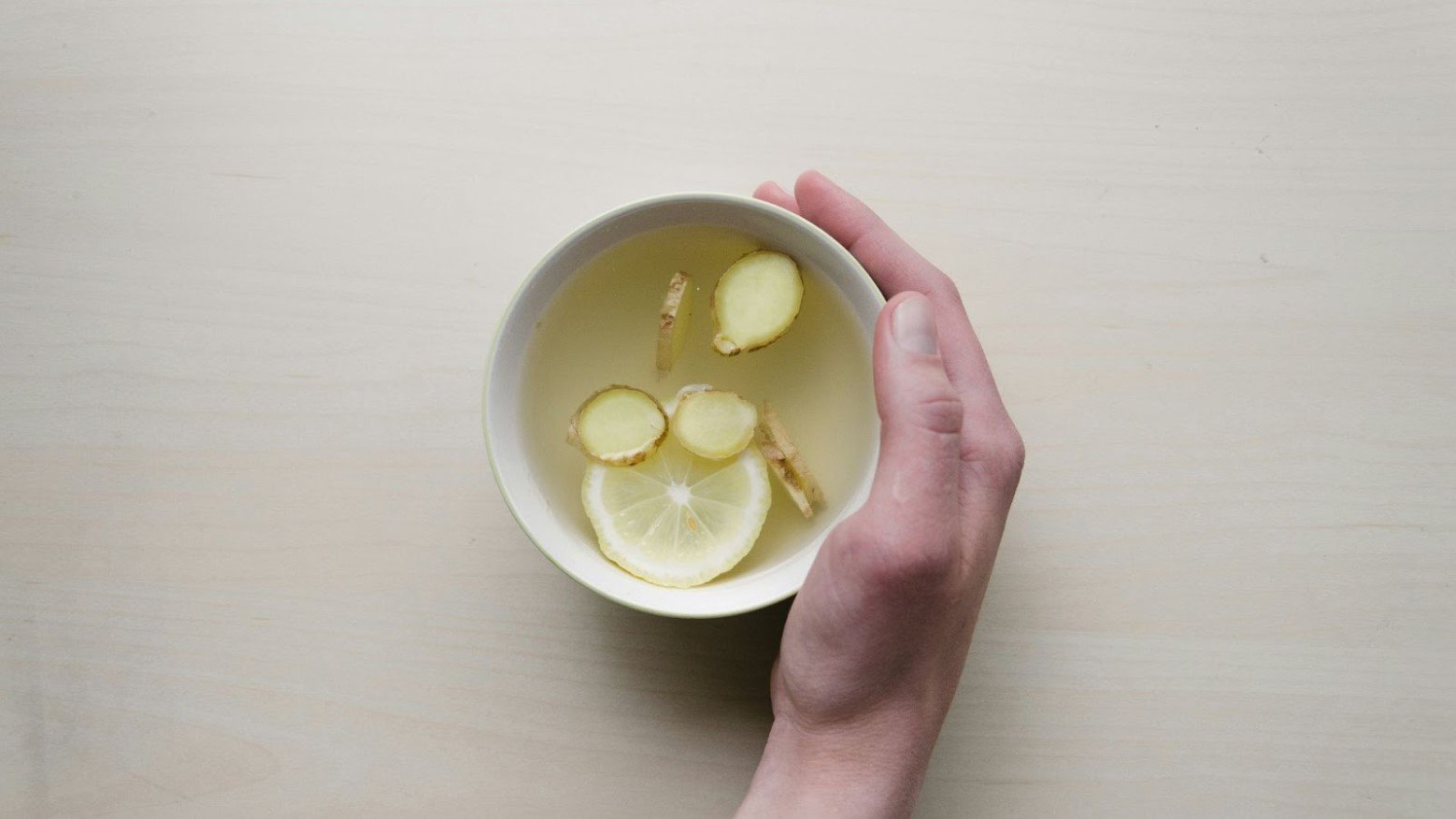
There are so many herbal teas you can pick up at your local grocery store in this day and age. Luckily, many of them may assist you in reducing some of your stomach bloat.
Check out teas that have ingredients such as ginger, which naturally aids your digestive system. Drinking peppermint tea is also a great way to soothe your stomach and eliminate that bloat.
Do Yoga

Many people don’t realize that stress can cause bloating. Obviously, no one wants to be stressed. If you want to tackle your bloating problem, and you find that nothing else seems to work, try to eliminate your stress in any way you can.
Doing yoga daily is a wonderful way to calm your mind, reduce your stress, and help any bloating that’s causing you discomfort. There are even specific yoga moves designed to help with bloat!
Meditate and Breathe

If bloating is occurring because of stress, you’ll need to find the best way to manage your overall anxieties and worries. If yoga doesn’t do it for you, try meditating and breathing exercises.
Different breathing exercises have been proven to help those who suffer from digestive issues. For example, diaphragmatic breathing may be beneficial for you to try.








































